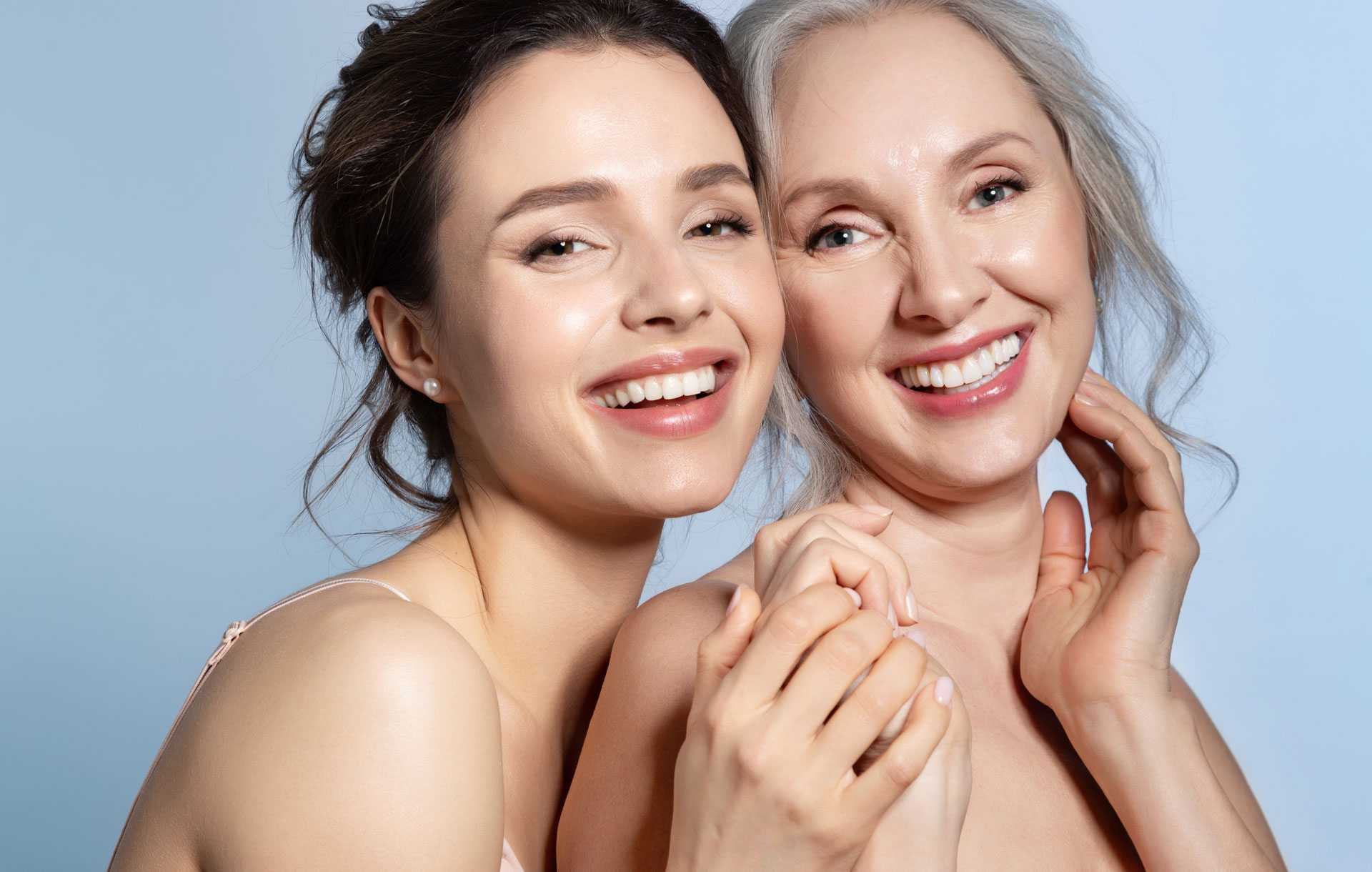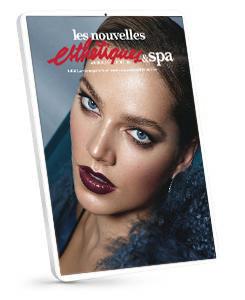
A brief history of anti-aging and how we can fight ageism in the beauty industry
The global anti-aging market reached a whopping value of $58.5 Billion (US Dollars) in 2020! As Estheticians and Spa Professionals, this equates to much of our business being the business of anti-aging. Currently, consumers in the age group of 35-55 years lead the global anti-aging market, holding more than a half of the total global market. Based on industry, the skincare industry accounts for the largest share since consumers focus more on the appearance of their skin. Skincare leads the way and is subsequently followed by the hair care and dental industries.
To know why people are obsessed with anti-aging, let’s look at what aging is. Aging is brought about by a cycle of biochemical processes that cause the body to degenerate over time, impacting the individual’s health, fitness, and physical appearance. Anti-aging refers to the process of limiting or slowing these changes through various products and services. The growing consciousness among both the younger and older consumers regarding their physical appearance has fostered anti-aging products and devices. “Anti-Aging” is the term most widely used in the beauty industry to market preventative and corrective aging skincare treatments and products. The concept behind this isn’t new at all. Since the dawn of time, women have tried to stop the clock. Dating as far back as 69 BCE, Cleopatra bathed in donkey’s milk daily because of the milk’s alpha hydroxy acids that softened and exfoliated her skin.
[ihc-hide-content ihc_mb_type=”show” ihc_mb_who=”2,4,5,6,7″ ihc_mb_template=”-1″ ]
Moving forward to the 16th century, academics attempted to prove that old age was, if not sexy, at least fulfilling. The influential Italian book The Art of Living Long, released in 1550 (and subsequently translated into English, French, Dutch, and German), promoted moderation as a means of achieving a long life and argued old age “is the time to be most coveted.” Within the same century, Enlightenment thinkers Benjamin Franklin and Benjamin Rush promoted the notion that old age could bring new wisdom. But these theories didn’t transform Western beauty standards: In the 1600s, Elizabethan women in England placed slices of raw meat on their faces to reduce wrinkles, and, in the 1700s, upper-class French women treated their frown lines with aged wine.
Marketing tactics towards anti-aging products for women continued to grow and evolve. “In an era in which people live longer and longer,” Susan Sontag wrote in the 1972 essay “The Double Standard of Aging,” “what now amounts to the latter two-thirds of everyone’s life is shadowed by a poignant apprehension of unremitting loss.” In this culture, age is to be erased — to be deemed irrelevant, disappear from magazine covers and popular films, get tucked away into facilities, and be managed and cared for. For women, it also means being turned from a coveted object into a disposable one. We spend our lives fighting our disappearance.
How disheartening that society has deemed aging as a tragedy rather than a gift. But maybe as skin care professionals, we can become willing to take a different approach to this term. Given that we are in the beauty industry, I think we can help make some significant changes at a personal level that affect society’s overall view on aging. It begins with changing the conversation around aging. This is a multi-layered, deeply rooted concept, especially for women. Of course, we all want to look beautiful; we beautify skin! We love beauty! But it’s so much deeper than this. It’s about accepting and loving yourself, your body, and your skin in every age and time in your life. Accepting the lines and wrinkles, the changes in our bodies and faces, the imperfection that always is, for the beauty that is our soul eternal. Not denying skincare products or preventative aging treatments, but accepting this fact of life rather than running from it, fostering deeper inner beauty as we grow in age. Onward to less obsession around “anti-aging”!
“Age well” is a better-appropriated term instead of the anti-aging oxymoron. Let’s change the conversation around aging in our treatment rooms, social media platforms, discussions with our clients, friends, co-workers, which can branch out to a larger widespread reach. Aging is a gift- it equals experience, growth, wisdom, beauty, so why not talk about it differently?
My wish for you:
“Know that you are the perfect age. Each year is special and precious, for you shall only live it once. Be comfortable with growing older.” ~Louise Hay
[/ihc-hide-content]












